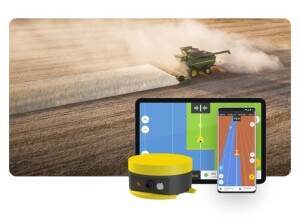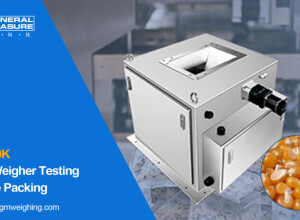Legal-for-Trade Scales: The Essentials for Weighing in Commercial Transactions
Introduction: The Foundation of Fair Commerce
A Legal-for-Trade (LFT) scale is a measuring instrument that has been rigorously tested, certified, and approved by a recognized governmental or standards body for use in commercial transactions. In any scenario where the price of a product is determined by its weight—from selling bulk rice to weighing scrap metal—the use of an LFT scale is legally mandated. These certifications ensure that all parties involved in the transaction can trust the accuracy of the measurement.
The Certification Process and Standards
Certification guarantees that a scale meets strict standards for initial accuracy, stability over time, and resistance to environmental factors.
Key Global and Regional Bodies
- OIML (International Organization of Legal Metrology): Sets international recommendations for testing and compliance, widely adopted across Europe, Asia, and other global markets.
- NTEP (National Type Evaluation Program): The primary certification system in the United States, based on NIST (National Institute of Standards and Technology) Handbook 44.
The LFT process involves a "Type Approval" where a model of the scale is tested under various conditions (temperature, humidity, zero stability) to confirm its ability to consistently provide precise results. Only scales with this approval can be used for trade.
Technical and Security Features
LFT scales incorporate specific features designed to maintain accuracy and prevent fraud.
Accuracy and Design
- Accuracy Class: Scales are assigned an accuracy class (e.g., Class II, III, or IIIL) which dictates the minimum and maximum capacity and the size of the permitted error margin. Most industrial and retail LFT scales fall under Class III.
- Resolution: The number of divisions (increments) the scale can measure, directly impacting the level of precision it offers for LFT use.
- Tare Functionality: While used frequently, the tare function must operate accurately, subtracting the container weight without affecting the integrity of the net weight calculation.
Anti-Tampering Measures
- Physical Sealing: Certified scales feature physical wire or adhesive seals placed over internal calibration points. These seals must remain intact; any broken seal indicates potential tampering and voids the LFT status.
- Software Locks: Digital security measures prevent operators or unauthorized personnel from altering calibration settings via the scale's keyboard or digital interface.
Operational Compliance in Practice
A certified scale alone is not enough; its use must also comply with legal metrology rules.
- Installation: The scale must be installed correctly, ensuring it is level and stable. Environmental factors like strong drafts, vibration, or extreme temperature shifts must be mitigated.
- Zeroing: The scale must be properly zeroed before each transaction to ensure that only the weight of the product is measured.
- Routine Inspection: Users must submit their scales to periodic, mandatory inspections by authorized metrology agencies. These inspections confirm the scale still meets the original accuracy specifications in its working environment.
By adhering to these stringent standards, Legal-for-Trade scales uphold fairness and build confidence, serving as the essential tool for all commercial weighing activities.

























